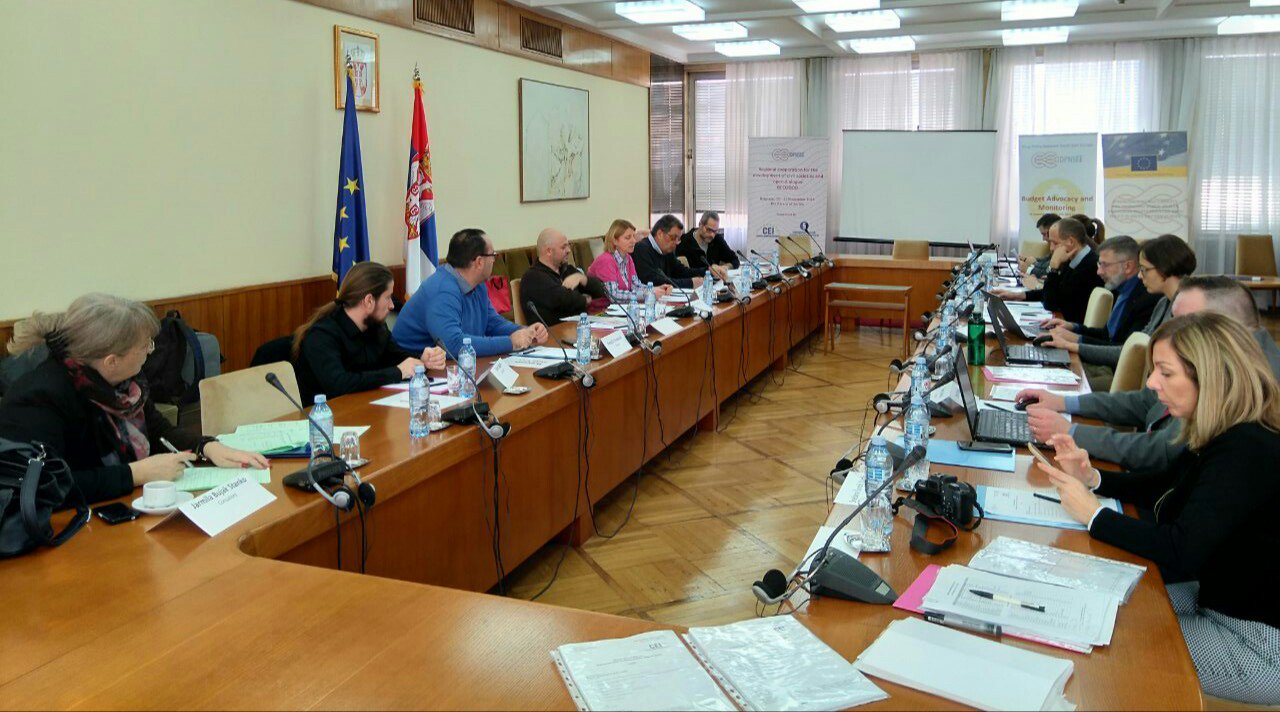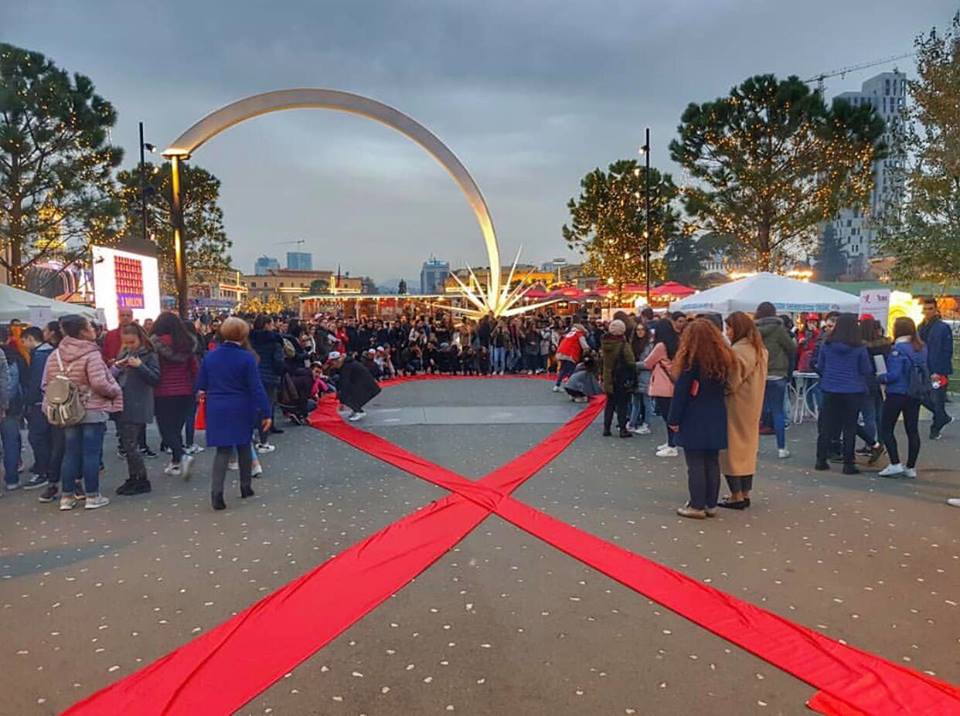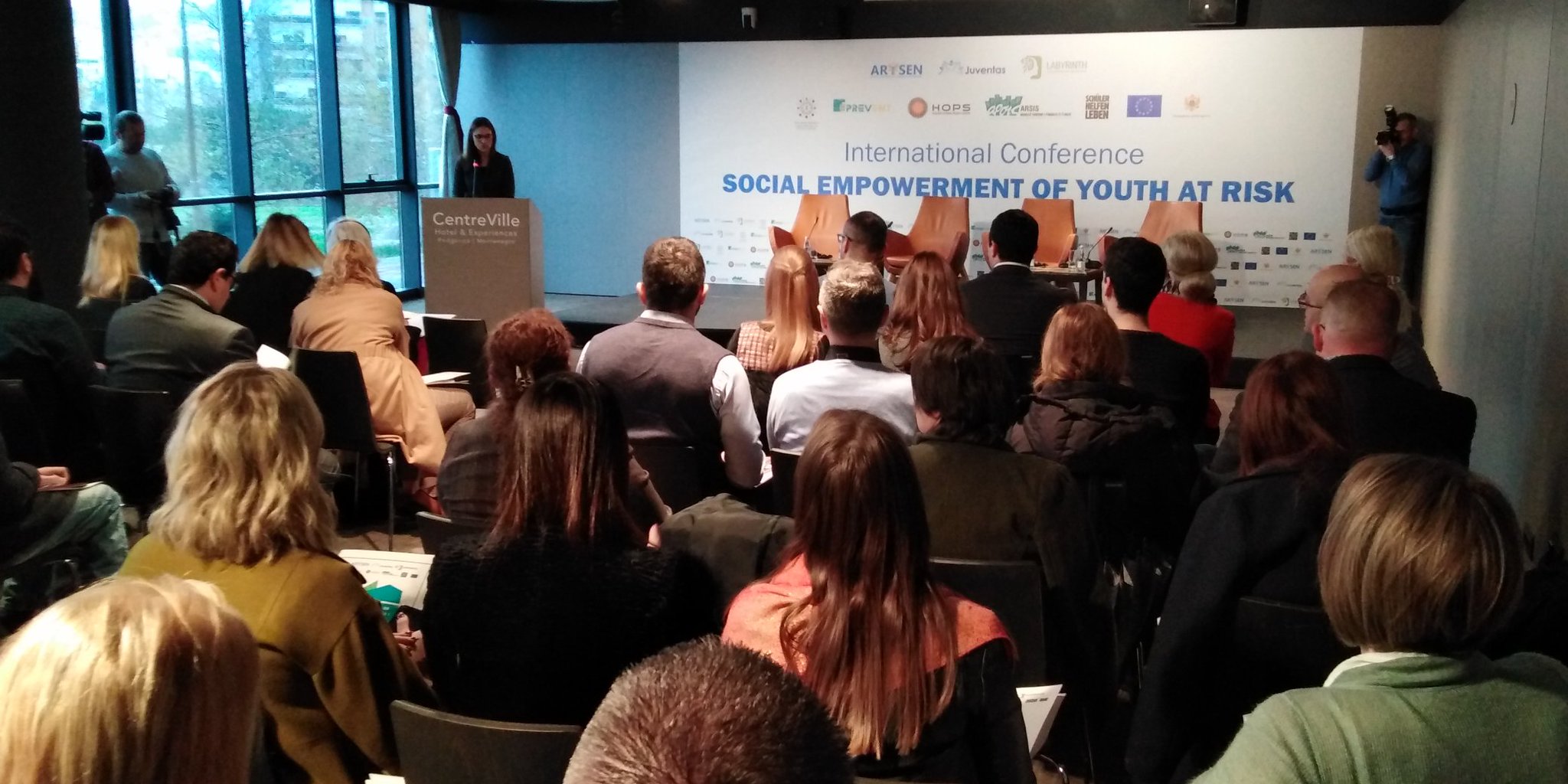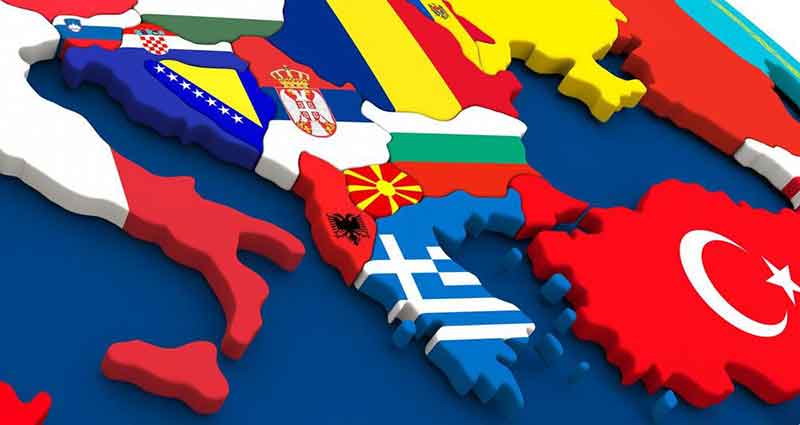To:
National health authorities and institutions
National drug agencies and responsible
National social services
Civil society organisations
The World Health Organization (WHO) has declared a public health emergency of international concern over a new coronavirus, which causes an illness officially known as COVID-19 that has killed more than 2,900 people worldwide. As of 1 March, the outbreak has affected an estimated 87,000 people in at least 30 countries globally. The key issues are how transmissible this new coronavirus is between people and what proportion become severely ill and end up in hospital.
Outbreak of the epidemic in Italy, neighbouring country to our region, brought the virus to our region. First cases were reported at the bordering cities of Trieste and Gorizia near Slovenia, but also in Austria, Croatia, Romania, North Macedonia and Greece. It is pretty realistic that they will appear in other South East European countries.
We believe that the health systems in South East Europe countries and wider are well prepared and will react efficiently, without panic but also taking situation seriously.
Still, Drug Policy Network South East Europe shares concern that the health systems may not have fully in their sight the key populations we are supporting (people who use drugs, sex workers, LGBTI and MSM, homeless, etc.) and that these populations, being side-lined in the community, may not be well informed about the threat and measures they should take to protects themselves.
Governments have to ensure that all individuals have the opportunity to remain healthy and educated. Alongside preparedness measures, countries must ensure efforts to achieve a truly inclusive universal health coverage grounded on rights-based laws, policies and procedures by prioritizing and protecting vulnerable groups.
To combat stigma and discrimination and achieve universal health coverage vulnerable populations are faced with, we must not divide ourselves further. Viruses don’t discriminate on the basis of race, religion, gender identity, lifestyle or sexual orientation.
On our side, DPNSEE and our member organisations, especially those who provide services to people who use drugs and other connected vulnerable groups, are ready to play they role in overall efforts to fight the problems caused by this epidemic. We have already started prevention activities and are preparing for situation when/if epidemics escalates.
DPNSEE is a regional network with a wealth of experience from around the region. We think that this is the situation when we all should act together, for the benefit of all members of our societies.
Drug Policy Network South East Europe
2 March 2020
 You can download the Appeal following this link>>>
You can download the Appeal following this link>>>



 In the exchange which the DPNSEE Board had, we expressed concern that the health systems may not have fully in their sight the key populations we are supporting (and people with substance use disorder, especially heroin users, are usually in a weak health conditions), that these populations, being side-lined in the community, may not be well informed about the threat and measures they should take to protect themselves and that our organisations, especially those who provide services to people who use drugs and other connected vulnerable groups should also play they role in overall efforts to fight the problems caused by this epidemic.
In the exchange which the DPNSEE Board had, we expressed concern that the health systems may not have fully in their sight the key populations we are supporting (and people with substance use disorder, especially heroin users, are usually in a weak health conditions), that these populations, being side-lined in the community, may not be well informed about the threat and measures they should take to protect themselves and that our organisations, especially those who provide services to people who use drugs and other connected vulnerable groups should also play they role in overall efforts to fight the problems caused by this epidemic. To read the letter that DPNSEE sent to its member organisations
To read the letter that DPNSEE sent to its member organisations 





 To download the Glossary in Montenegrin,
To download the Glossary in Montenegrin, 
 The open letter is available
The open letter is available 


 The conference gathered policy officials, researchers, service providers, civil society activists and members of the academia from the region of Western Balkan and Europe to discuss current social position of different youth at risk categories and main obstacles for better social integration. Guests and speakers included Nikola Janović, Minister of Sports and Youth, Government of Montenegro and representatives of the ministries of Health, Education, Justice and Labour and Social Welfare, Fiona McCluney, resident coordinator, UN system Montenegro, Michaela Bauer, UNICEF’s Deputy Representative for Montenegro and Ana Margarida Tome De Freitas Mariguesa, European Delegation to Montenegro, among others.
The conference gathered policy officials, researchers, service providers, civil society activists and members of the academia from the region of Western Balkan and Europe to discuss current social position of different youth at risk categories and main obstacles for better social integration. Guests and speakers included Nikola Janović, Minister of Sports and Youth, Government of Montenegro and representatives of the ministries of Health, Education, Justice and Labour and Social Welfare, Fiona McCluney, resident coordinator, UN system Montenegro, Michaela Bauer, UNICEF’s Deputy Representative for Montenegro and Ana Margarida Tome De Freitas Mariguesa, European Delegation to Montenegro, among others.
